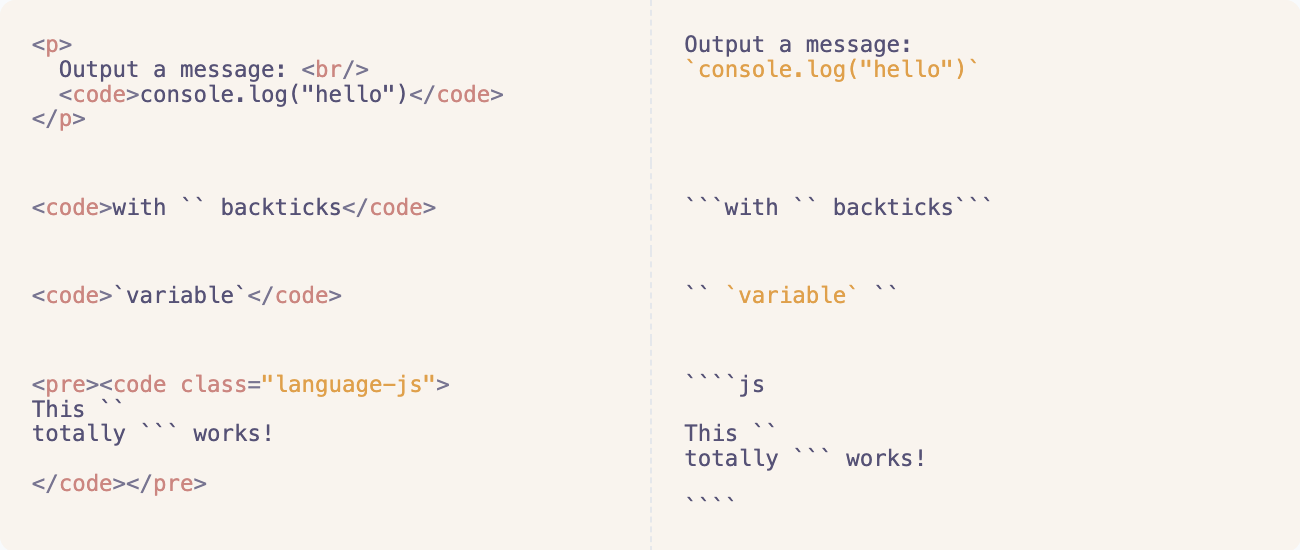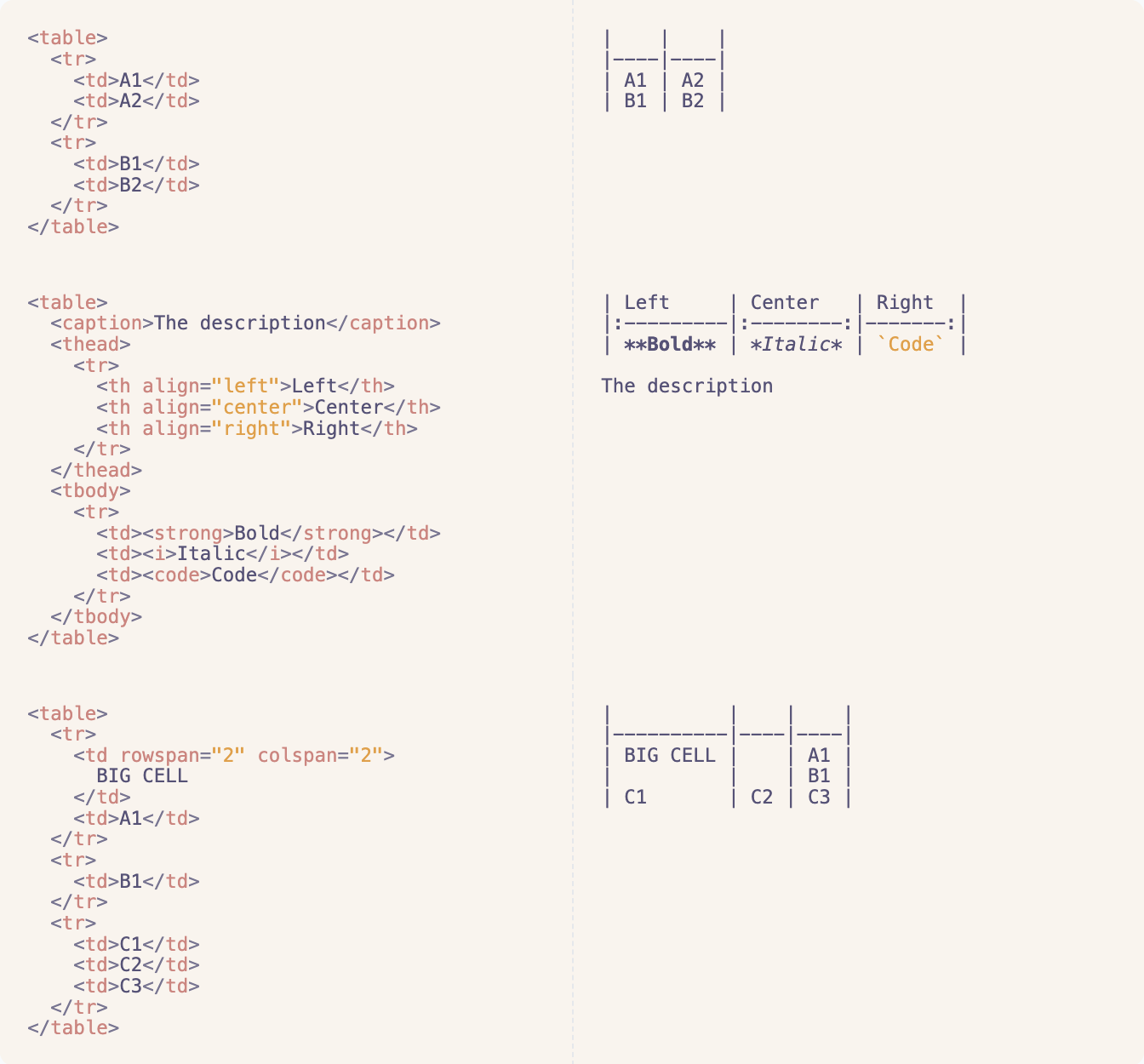html-to-markdown Johannes Kaufmann
winget install --id=JohannesKaufmann.html2markdown -e html-to-markdown: Converting HTML to Markdown with Precision
html-to-markdown is a robust tool designed to convert HTML content, including entire websites, into clean, readable Markdown. This versatile software supports a wide range of Markdown elements such as bold text, italicized phrases, ordered and unordered lists, blockquotes, and both inline and block code snippets. It ensures proper formatting for links and images while employing smart escaping to handle special characters effectively.
The tool offers customizable options, allowing users to decide whether to remove or retain specific HTML tags, providing ultimate control over the output. Additionally, it is extendable through plugins and rules, making it adaptable to various conversion needs.
Ideal for developers, technical writers, content creators, and anyone requiring efficient HTML-to-Markdown conversions, html-to-markdown streamlines workflows by saving time and maintaining precise formatting. Its flexibility enables users to tailor the conversion process according to their specific requirements.
Installation: html-to-markdown can be easily installed via winget, ensuring a seamless setup process for your development environment.









